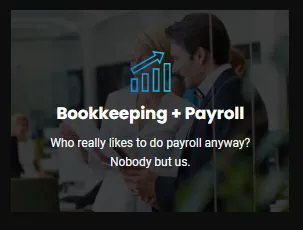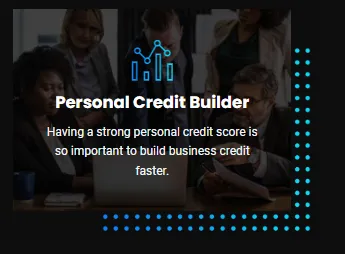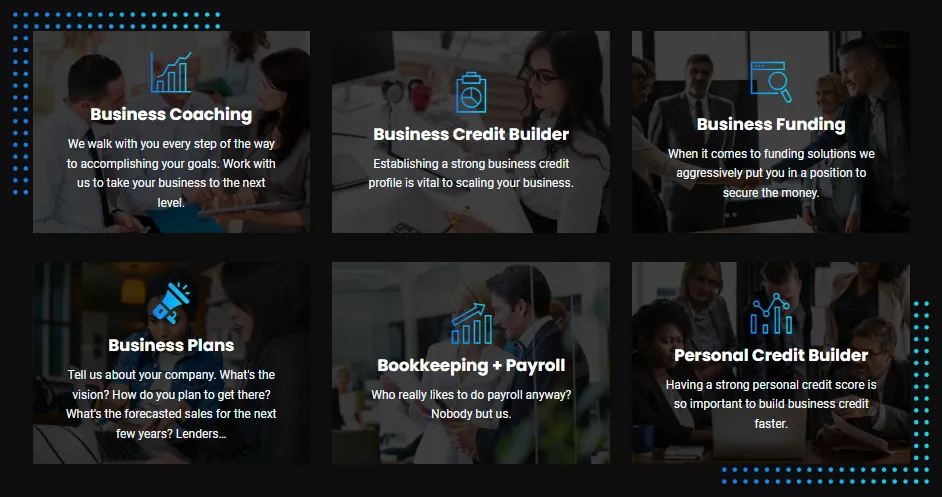Start Your Business
We make starting a business a smooth process
With Tolbert Consulting Group, we are with you from the onset and as long as you need us
Start Your Business
We make starting a business a smooth process
With Tolbert Consulting Group, we are with you from the onset and as long as you need us
We help your company take full advantage of the benefits of consulting services for business available out there.
We serve as your full service business solution and we are here to walk with you every step of the way with our credit professional service groups.


Business Coaching
Working with experienced business services and consulting is your ultimate tool to achieve massive results.

Business Management
We believe that the most efficient way to grow your business is through consistency and organization.
Is Your Business On The Path To Success?
Business owners are on 1 of 3 paths
Bridge Is Out Path

Path To Nowhere

The Success Path

Service
We're ready to share our
advice and experience.







Pre-Qualify For Business Loans
We help your business pre-qualify and build its business credit.

WANT TO HIRE US ?
Want to work with us?
Like what you see? Contact us to see what type of solutions we can deploy for your business!

We have some of the best business consultants waiting to hear from you.
Call Now Don’t Wait
TOLBERT CONSULTING GROUP PRICING
We offer the best price
to serve you.

Starter
Guaranteed Financing Available
$2,499
$1,250
Virtual Business Credit Coach
Complete Business Setup
Access to 3,000+ Credit Lines
$25K Bus. Credit Guaranteed
Professional
Guaranteed Financing Available
$4,999
$2,500
Everything from STARTER +
1-Year Business Credit Coaching
Personal Credit Repair
$50K Bus. Credit Guaranteed
Mastermind
Guaranteed Financing Available
$9,999
$5,000
Everything from PROFESSIONAL+
Corporate Vehicle Mentorship
6-month Bookkeeping Included
$100K Bus. Credit Guaranteed
We Help Your Business Become Bankable
Becoming Bankable is having your business stand on it’s own for financing without relying on the credit of the owners. We’ve helped tens of thousands of businesses become bankable. When you run a scan you will receive a Member ID and Password to our proven business finance, business credit building, and success system. Run your pre-qual scan to get started!
TESTIMONIALS
We are very happy to
get client’s review.
Like what you see? Contact us to see what type of solutions we can deploy for your business!

Take Control of Your Credit
Be Prepared. Know your FICO Credit Score.
Get Your Personal Credit Score
LATEST NEWS
We're ready to share our
advice and experience.
Like what you see? Contact us to see what type of solutions
we can deploy for your business!
We Are All About Helping Your Business Succeed
Our Success System goes way beyond just financing and credit.
Financing & Credit
Gaining More Access
Reaching New Prospects
Quick links
Solutions
Contact Us
2024 ©️ All Rights Reserved By Tolbert Consulting Group.

Facebook
X
LinkedIn
Instagram